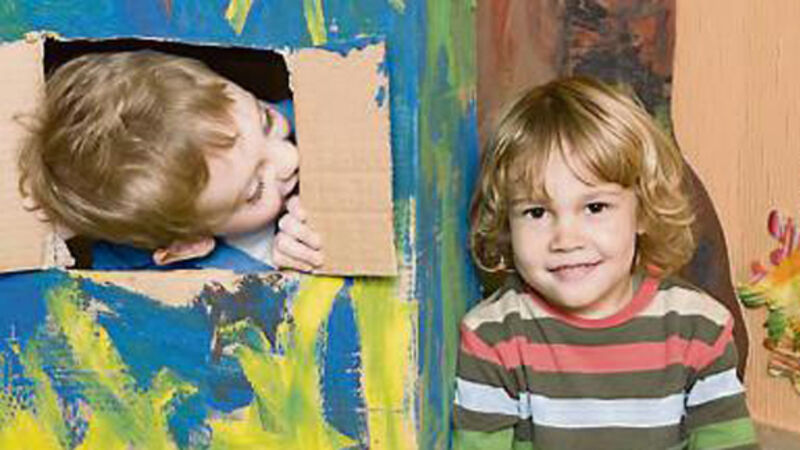Children become attached to friends at a young age

So says Joanna Fortune, clinical psychotherapist and director of Solamh Parent-Child Relationship Clinic.
She urges parents and teachers to keep it in perspective — the child is responding strongly to the first-time excitement of having a special friend.











